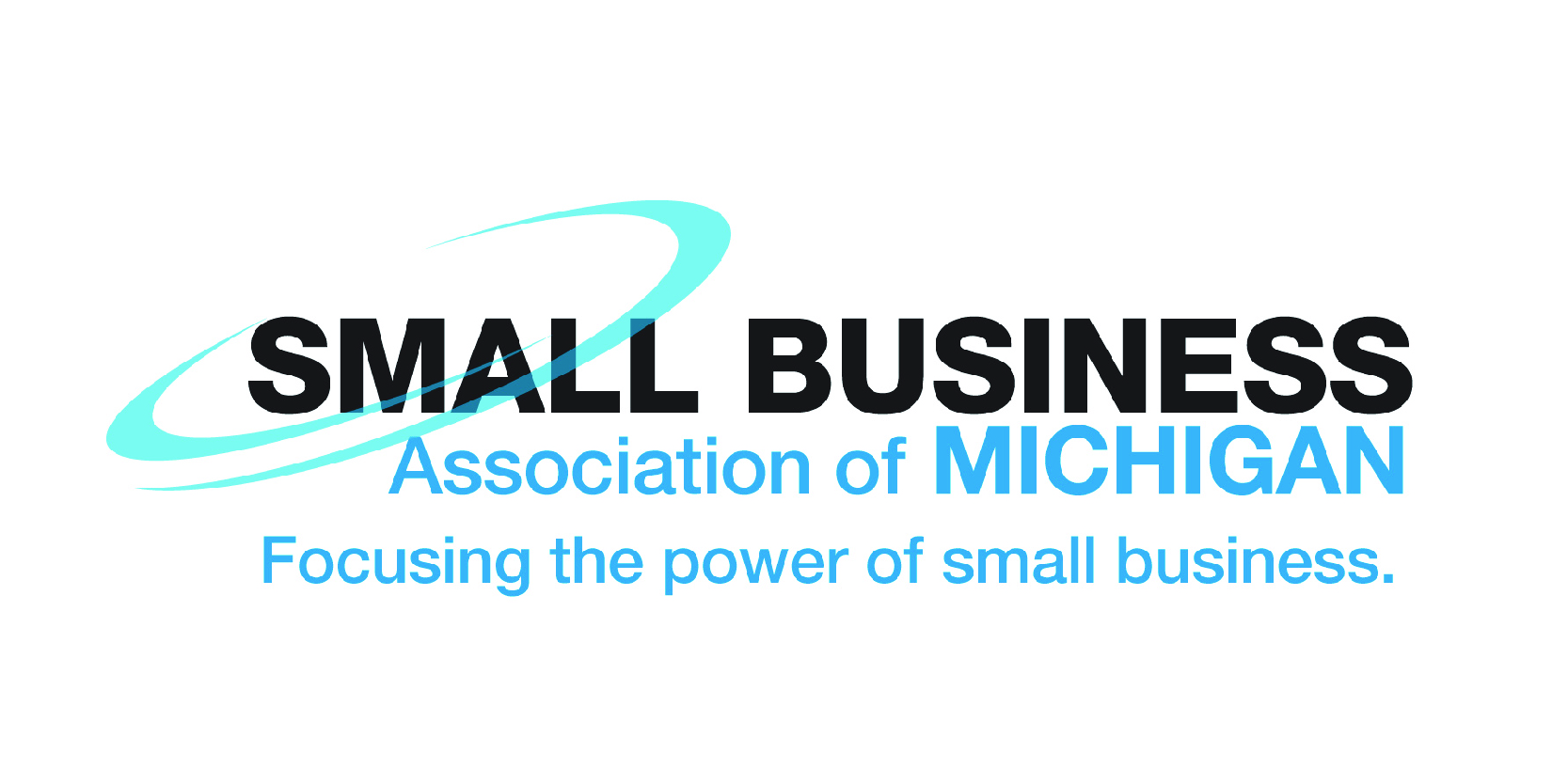-100.jpg?width=300&name=sbam%20logo%20(hubspot)-100.jpg)
For the second year in a row, state lawmakers may extend the date by which the budget for the coming fiscal year must, by law, be on the Governor's desk.
Senate Appropriations Committee Chair Jim Stamas (R-Midland) Thursday introduced a bill that would allow the Legislature to blow the stop sign on the statutory-set July 1 deadline due to the complexities of allocating $10 billion in federal COVID relief money.
"It's a just in case," Stamas said. "There is still a lot that needs to be done."
That said, Stamas said target negotiations with House and Budget Director Dave Massaron are going well, but the process is moving a little slower with three people in the room as opposed to 2019, for example, when the Senate and House cut the Governor out of negotiations.
Target-setting is the informal process created in recent years in which the House, Senate, and (in most cases) the Governor’s office come together to agree on how much money will be spent in the coming year’s budget. Other high-level decisions are often made during target-setting, as well.
After final numbers are agreed to, subcommittee chairs are told how much they can spend, what big-ticket items need to be included in their budgets, and then left to work out the rest of the details on their own.
The House is slated to meet the week of June 21 and June 28, but the Senate has not made such a corresponding change to its calendar. Currently, the Senate is scheduled to meet only next week, with the week of June 21 being tentative, before the summer recess.
Asked about Stamas’ budget deadline extension bill, SB 0537, Thursday, House Appropriations Committee Chair Thomas Albert (R-Lowell) said, “I’m still working night and day. I’m still focused on July 1.”
He, too, said targets are “very close” and a final agreement could come “in the near future.” Asked, specifically about his quarterly budget concept, Albert said that in his mind, “it’s very much in play.”
His priorities are making some strategic investments while putting in protections if the economy goes south.
The July 1 deadline was passed by the Legislature as part of a general agreement with Gov. Gretchen Whitmer in the aftermath of the explosive Fiscal Year (FY) 2020 budget. At that time, the Legislature sent Whitmer an un-negotiated budget. She vetoed nearly $1 billion in spending and then used the State Administrative Board to transfer $625 million to other divisions.
In its first go at meeting the July 1 deadline, the COVID-19 pandemic created such economic uncertainty, everyone agreed to basically wait until much closer to the Oct. 1 start of the next fiscal year to craft the FY 2021 budget.
Senate Republican spokesperson Abby Walls said the FY 2022 budget is not “a normal” budget cycle. The new question is how to spend the roughly $10 billion in additional federal money.
The Legislature wants to make sure it’s not being used to fund anything that would need to be paid for with money the state doesn’t have in future years.
May Revenues Up $1B Over Estimates
Complicating the budget discussions, even more, is Thursday’s news from the House and Senate fiscal agencies that May revenue is up a combined $1 billion in the General Fund and the School Aid Fund.
Collections for the General Fund are up $709.6 million over forecasts created less than a month ago at the Consensus Revenue Estimating Conference, according to the Senate Fiscal Agency (SFA), and $752 million, according to the House Fiscal Agency (HFA). The School Aid Fund is up $298.7 million above the forecasted level, according to the SFA, and $258.7 million, according to the HFA.
Income tax revenue is up 108% from May 2020 and $855.8 million over forecasts. Sales tax collections in May are up $837.2 million, the second-highest month on record after July 2020 and $115.7 million above forecast.
Sales tax collections from vehicle sales broke the $100 million mark for a third consecutive month and ninth month since June 2020. Even Lottery revenue is way up, 37% over the prior fiscal year.














